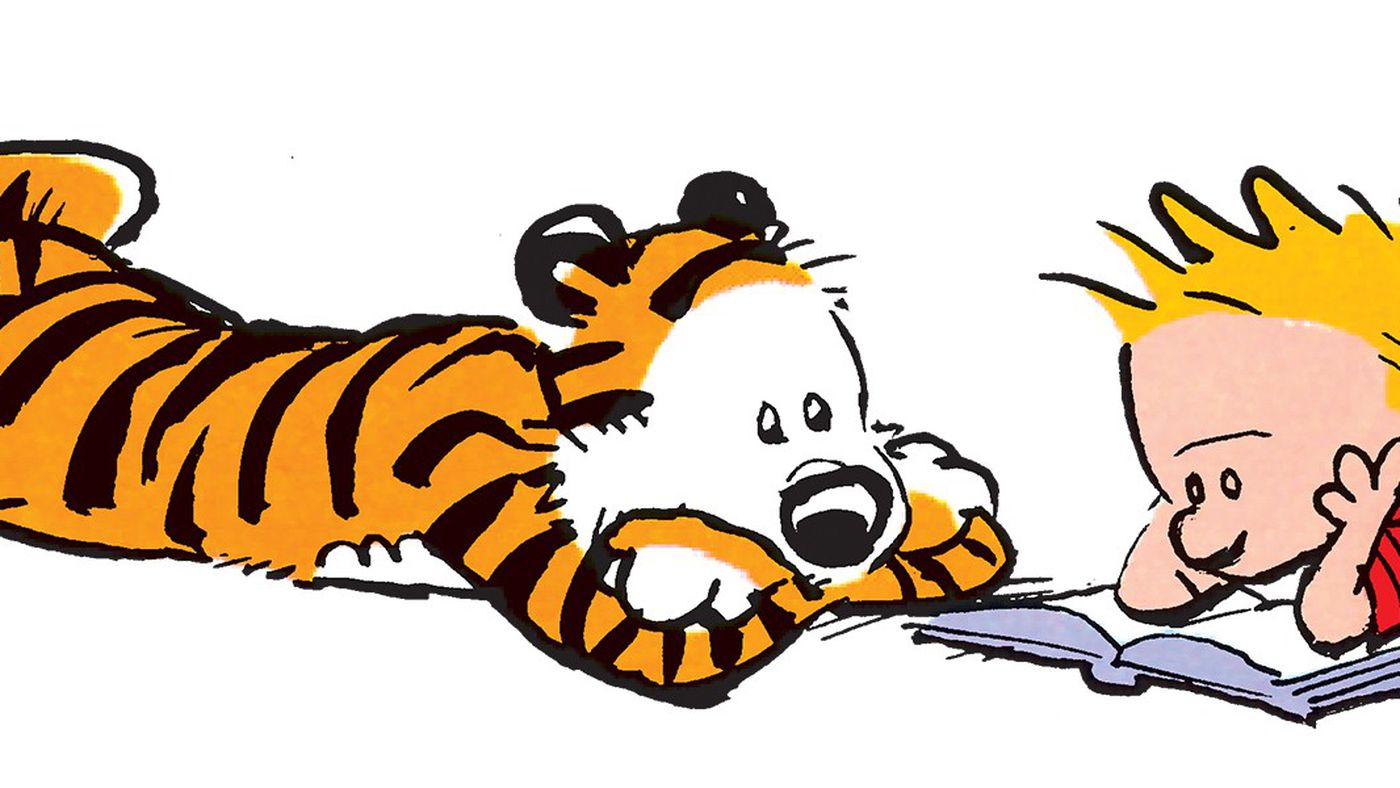Guiding Inquiry: What distinguishes social science from the natural sciences, and how are they similar?
Todays Learning Objective: Students will be able to explain the similarities and difference between research in the physical and natural sciences by completing an article discussion, and then explaining the characteristics needed from a research through completing a think-pair-share based discussion activity.

 RSS Feed
RSS Feed
